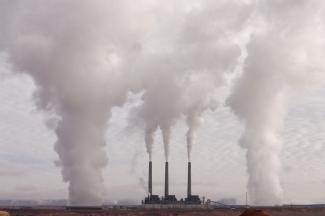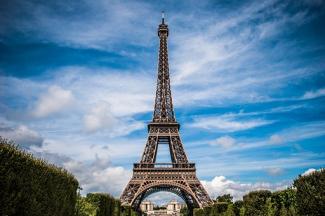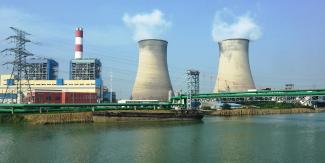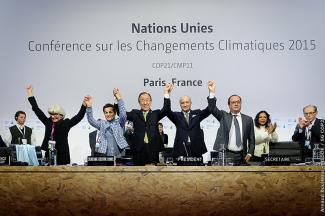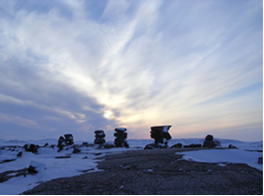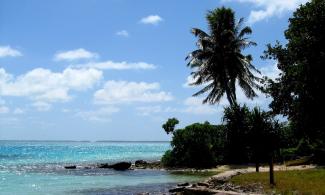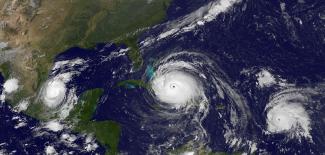ACE Proposed Rule: Part II
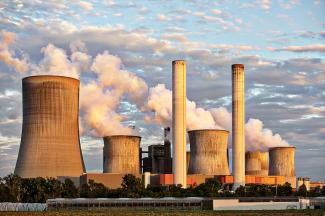
In Part One of this two-part blog, we looked at EPA's recently proposed Affordable Clean Energy (ACE) Rule and how it generally compares with the Obama Administration's Clean Power Plan (CPP) Rule. But with many environmental lawyers being closet economists, no contemplation of new environmental regulation is complete without a discussion of cost-benefit analysis.
